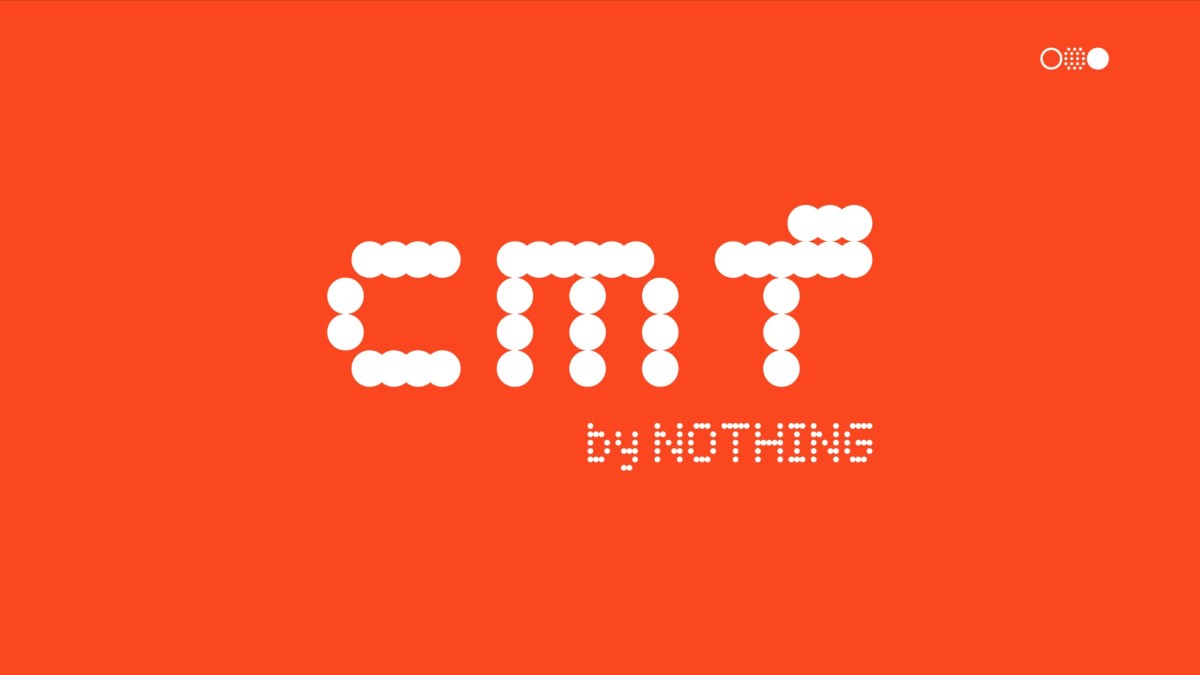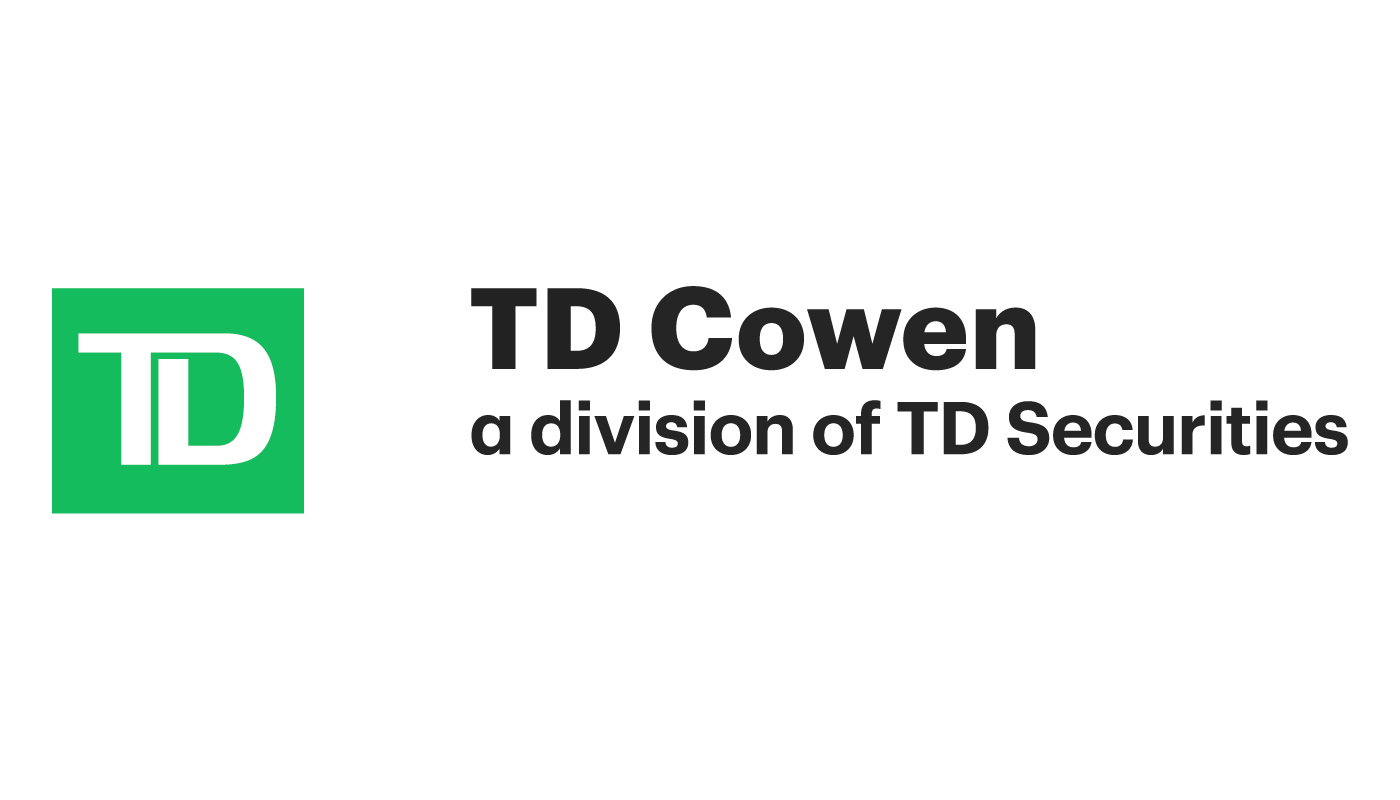One thing I teach my students in business ethics is that the focus of a business should not be on making money, but that money comes as a result of providing value to customers and running the business both ethically and efficiently. When businesses fail to do this and try to take advantage of their customers, their customers leave with their feet (and wallets). But what happens when a business already has a customer’s money? How does a customer fight back?
In May 2021, my family and I flew to Texas so I could attend some meetings and we could take a much-needed (albeit brief) vacation. Halfway through the trip, it started raining. A lot. And it wasn’t supposed to stop until after we were scheduled to leave. Instead of hanging out for three days in a hotel room with our two small kids, my wife and I decided we’d just drive home to New Orleans.
We had rented a car from Hertz at the Austin airport, and it was supposed to be returned to the Austin airport. We called Hertz to see what our options were and how much it would cost to change the return location from the Austin airport to a location in New Orleans. But no one picked up. We tried Hertz again a few hours later, and like before, no one answered the phone. So, my wife and I did what any attorney (her) and a litigiously minded non-attorney (me) would do: we read our rental contract.
There were only two provisions in the rental agreement that spoke to returning the car to a different location, and the potential charges associated with doing so. First, that the estimated rental rate “assumes you will rent and return at the locations and times indicated,” and second, that a “return change fee of $10 will be applied if you return the car to a different location from that which was scheduled…This fee will be applied in addition to any increase in rate that may occur as a result of changing the drop off location.”
So, according to these provisions, if we return the car to a different location than what was identified in the contract, we would be assessed a $10 fee and there could be a change to the rental rate, although they don’t tell us what that change would be or how it would be calculated. Figuring that at worst, Hertz would charge us a couple hundred dollars, we decided to make the drive.
To our surprise, we received a bill totaling $1255 from Hertz the day after returning the car to the New Orleans airport location, $805 higher than the price quoted in our rental agreement. But this increase did not come from a change to the rental rate or even the “return change fee.” Instead, it came from a previously unlisted “Inter City Fee” of $700 that Hertz added to our bill, plus 15 percent in taxes on this fee.
$700 seemed a bit excessive, so I contacted Hertz (via Twitter, always nice to have a written record) asking them to justify, based on the rental agreement, both the charge itself and the amount. I was told that the “Return Change Fee” is applied only when Hertz is notified in advance of a change to the drop-off location, and, since I did not notify them in advance, the “one way fee [i.e., inter city fee] was applied.” I asked where I could find this in the rental agreement and was told, “this information is documented within our Terms & Conditions which are viewable in the Rental Requirements and Qualifications.”
But it wasn’t there. In fact, there was no discussion of an “inter city fee” or how it might be calculated either in the documents provided to renters or even anywhere on Hertz’s website. So I asked Hertz again to point me to where, exactly, the discussion of this fee is, and provide me a link to it online or the document itself. Their response: “Hello Chris, While I do understand your frustrations with this matter. Our decision is unchanged in this matter and no adjustment [to your bill] in [sic] warranted. This is our final determination on this matter and it will not be reconsidered.” As I would find out later, this documentation never existed.
Since I wasn’t going to get anywhere with Hertz, my next step was to dispute the transaction with my credit card provider, Chase. I opened a formal dispute and submitted my documentation. At the beginning of July, I received a written response. It read, in part: “[After] reviewing the information [I] and the merchant [Hertz] provided, [Chase] found that the merchant informed us they were authorized to bill [my] account for fees related to [my] rental.” What information could Hertz have provided? I was curious, so I decided to give Chase a call.
What happened next was even more bizarre and frustrating. The Chase agent I spoke with told me that Hertz had, in fact, submitted documentation, and that it would be sent to me electronically within 48 hours. When nothing arrived after a few days, I called them again.
I explained my story to the new agent and asked her to send me whatever information they had received from Hertz. After a long period of silence with the agent reviewing my file, she said she needed to transfer me to a supervisor. I asked, “Hertz didn’t submit anything, did they?” And she responded that she didn’t want to give me inaccurate information and so she was going to transfer me. A supervisor never picked up and after almost fifteen minutes of waiting I was disconnected.
I called back. The new agent I spoke with was the most helpful of all. She confirmed what I suspected: Hertz never sent Chase any additional documentation, but there was a note on the file that Hertz told Chase that the rental agreement I had signed allowed them to charge whatever fee they wanted. I asked her to look at the documents (which she had in front of her) to see if she thought it said anything like that. She agreed with me, but then said something surprising: all car rental disputes at Chase went to a separate division, and they never reverse disputed charges unless it’s obvious fraud, because of an agreement they have with the rental companies. She then suggested that my best chance for having the dispute resolved in my favor would be a different path: arbitration or small claims court.
What was most frustrating about this experience with Chase was learning how often complaints like mine seem to happen with rental car companies and how clearly the deck was stacked against the consumer. Even if Chase were to have approved my chargeback, I’d still have a legal obligation to pay Hertz if the charges had been legitimate. But instead of my being the one to do the extra work to fight back, Hertz would have been required to take these extra steps.
Since I was going to get nowhere with either Chase or Hertz, a few weeks later I filed a lawsuit against Hertz in our local small claims court. My argument was the same: the contract did not allow Hertz to charge me whatever it wanted for returning the car to a different location. Further, the contract only allowed them to change the “rental rate” or assess a “Return Change Fee” of $10, not assess a previously unmentioned “Inter City Fee,” no matter the amount. On top of this, I had filed my complaint with the Louisiana Attorney General as unfair trade practices. Hertz was put on notice and continued the practice of assessing its customers (including me) this “Inter City Fee,” so I was entitled to treble damages under the law. I asked for a judgment of over $2500.
The process of filing the lawsuit was actually pretty easy, if slow. Towards the end of the year, the court informed me that they had received a non-substantive response from Hertz denying my claims and they coordinated with me and Hertz to set a trial date – August 10, 2022, over a year after my rental.
I showed up for the trial on August 10 and, to my surprise, someone from Hertz was there as well. But as I soon found out, this person was not an attorney. He was a young employee from their local office who was handed the lawsuit earlier that morning and told to show up. The judge came in, asked who we were, and immediately started talking with the person from Hertz. “Look, I think most of what this guy is saying is nonsense – you can’t return a car to New Orleans when it’s supposed to be returned to Austin and not expect to get charged. But I looked through all of the documents multiple times and nowhere does it say anything about this ‘Inter City Fee’ or how it would be determined.”
The judge then proceeded to ask the Hertz employee all sorts of questions about this fee, including how it was determined and if there was any discussion of its being assessed in the rental agreement or in any of the documents referenced by the rental agreement. The employee responded not only that he didn’t know how it was assessed (saying that the computer spat it out but that he didn’t think it was based on mileage), but also that he was unaware of any documents that referenced this fee, explained to customers that it would be assessed, or how much it would be if it were assessed. “That’s a problem,” the judge replied.
The judge then asked him what he wanted to do, either have him issue his ruling then or to proceed formally with the trial (which seemed to have a predetermined outcome). The Hertz employee said we should proceed with the trial, the judge then gave me a weird look, and then said, “Okay, Mr. Surprenant, present your case.” I then repeated back the facts of the case as I understood them in about a minute, focusing solely on what the judge had already identified as the winning position. The judge then asked the Hertz representative if he had any questions for me. There was a long pause before he answered no, at which time the judge had him present Hertz’s position. Once he was finished, the judge ruled in my favor.
It was then time to determine my damages. “Mr. Surprenant,” the judge said, “one thing in your petition that I did not understand was that you were asking for an award of over $2500, but I only see around $840 in damages. How did you get to that number?” I explained why I thought Hertz’s behavior qualified them to be assessed triple damages under the unfair trade practices statute. He laughed, said that he doesn’t deal with stuff like that in this court, and awarded me my actual damages, court costs, and judicial interest. Hertz didn’t contest the judgment, and about two weeks later I received my check.
For me, this fight wasn’t about the money, and I agreed with the judge that there should be some sort of fee assessed to someone who is supposed to drop a car in Austin but ends up dropping it in New Orleans. What bothered me was Hertz’s behavior. It was clear that the provision they were trying to enforce wasn’t in our agreement, and essentially claimed something to the effect of: well, we’ve already charged you and we’re in cahoots with the credit card companies, so good luck getting your money back.
In these cases, it is necessary for the customer not simply to go away. The process of filing lawsuits is relatively easy and there’s enough information available online that reasonably thoughtful people can defend themselves, assuming they have the time. When businesses behave badly, they are counting on the customer not putting up a fight, grumbling and complaining that they’re never going to do business with so and so again. One way this stops – perhaps the only way it stops – is if customers use the tools of the legal system to fight back.









































